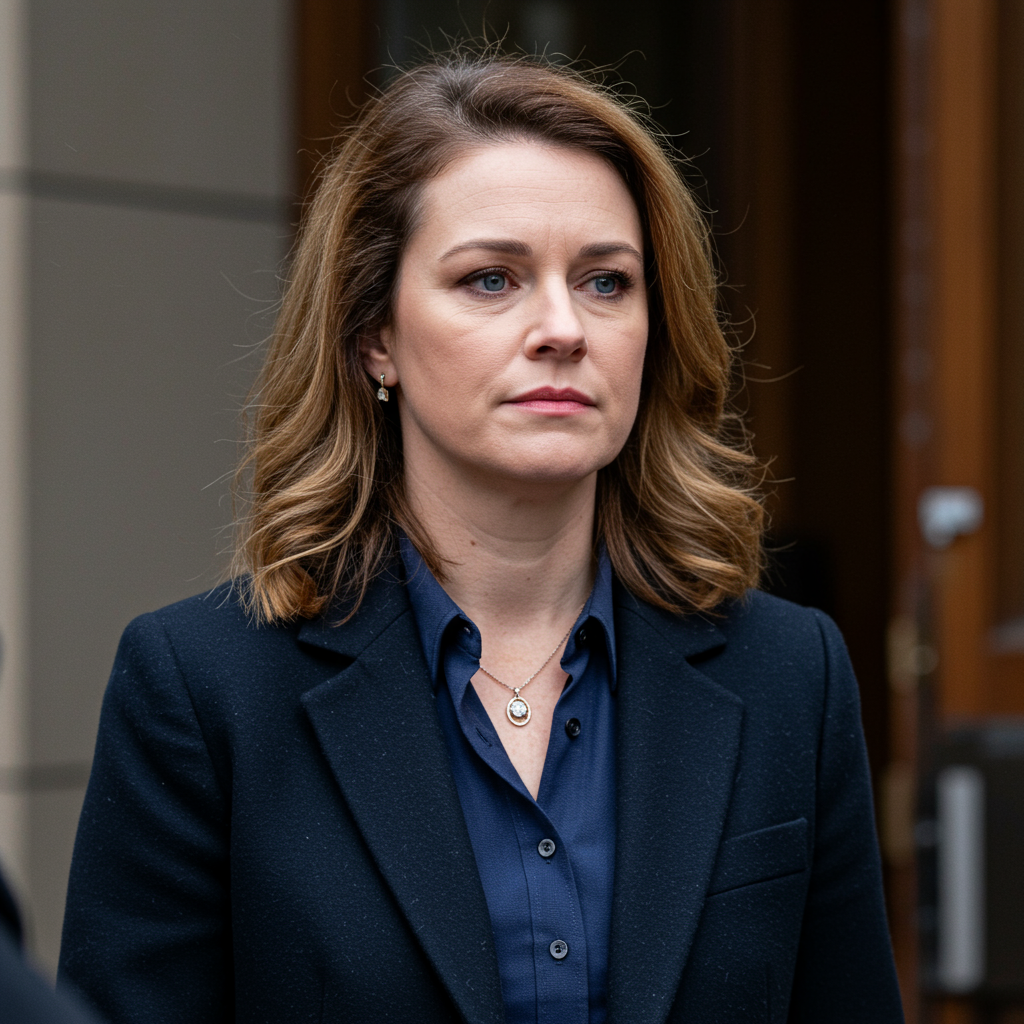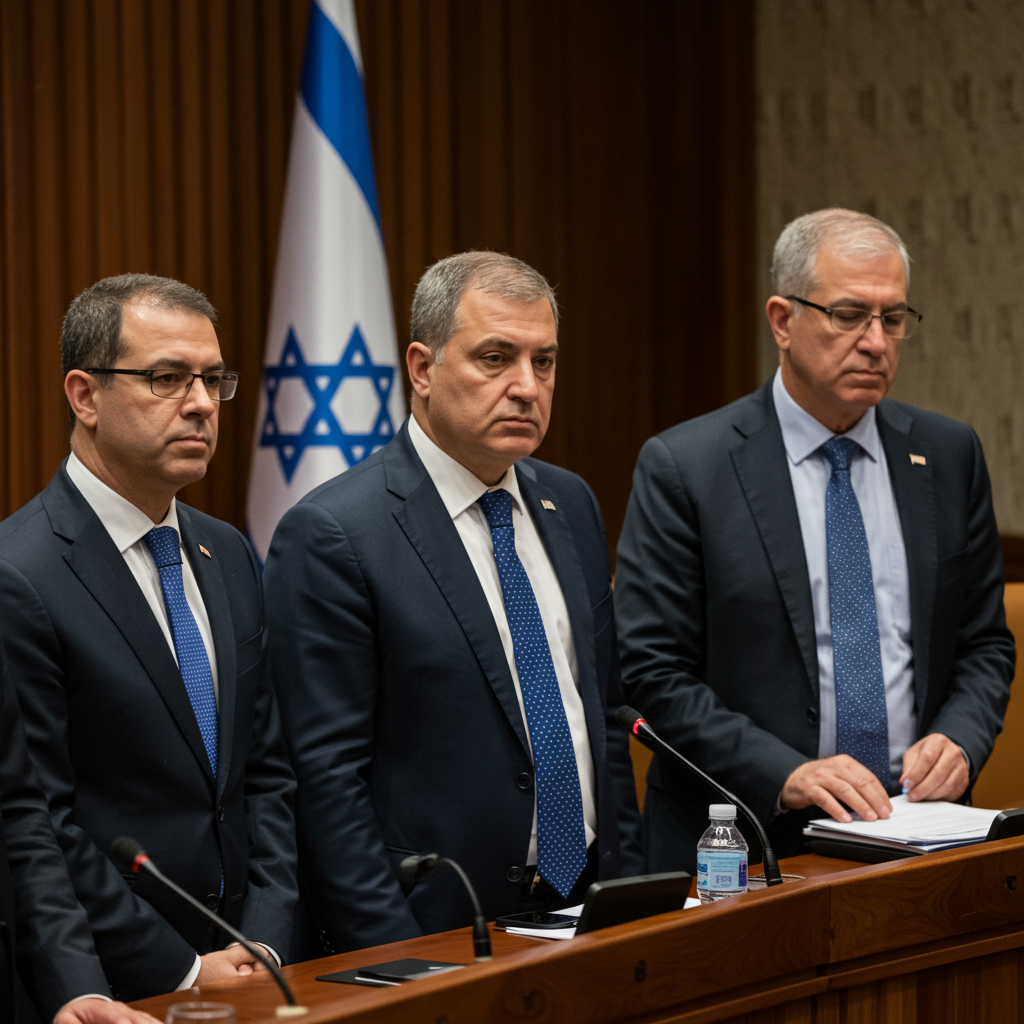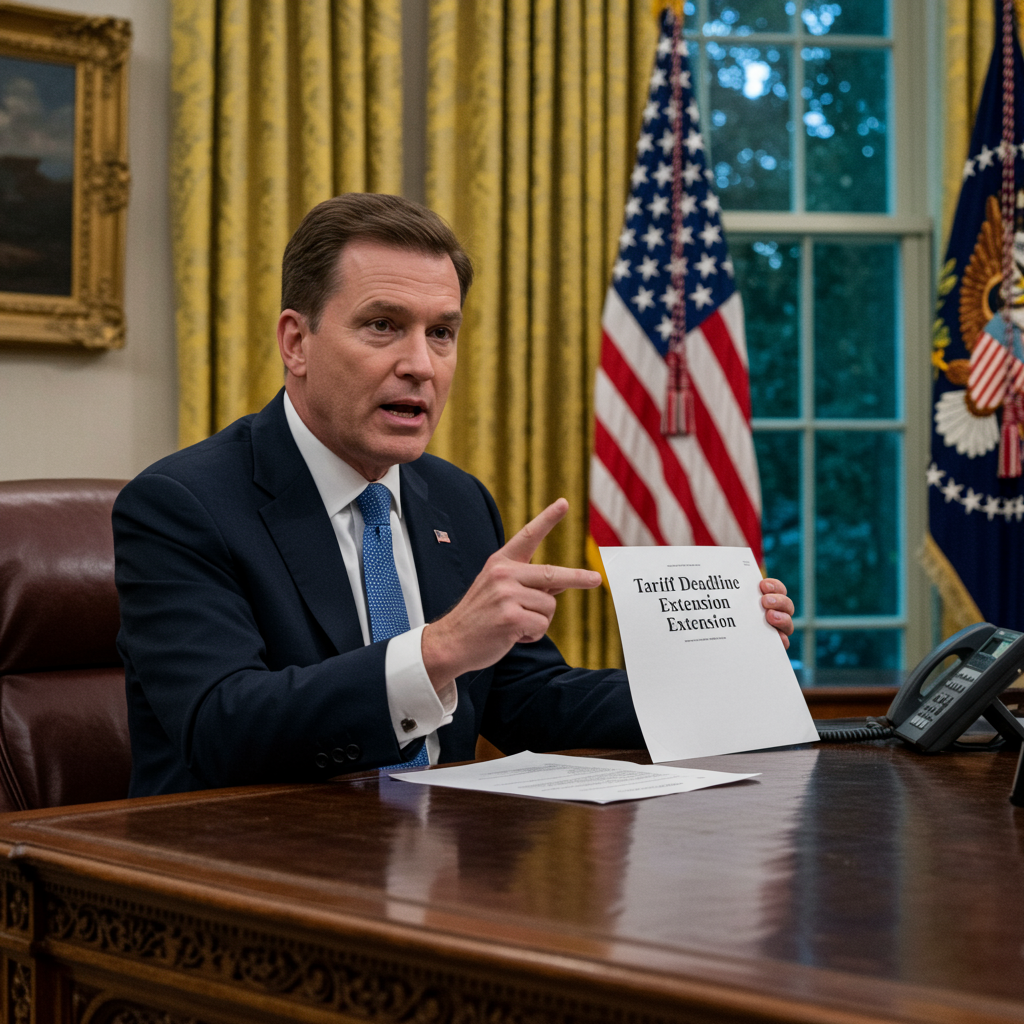In a landmark verdict shaking the foundations of school administrative accountability, former Virginia first-grade teacher Abby Zwerner has been awarded a staggering $10 million in damages. A jury found the school’s former assistant principal, Ebony Parker, grossly negligent after Zwerner was tragically shot by a 6-year-old student in her classroom in January 2023. This crucial civil trial outcome sends a powerful message about the critical importance of heeding warnings and upholding safety protocols within educational institutions. The verdict, delivered in Newport News, Virginia, after six hours of deliberation, underscores that school leaders cannot ignore explicit threats, especially when a child’s access to a firearm is repeatedly reported.
The Unthinkable Incident: A Day of Ignored Warnings
The day of January 6, 2023, began like any other at Richneck Elementary School, but it quickly spiraled into a nightmare that would forever alter Abby Zwerner’s life. While at a reading table with her students, Zwerner, then 25, was shot in the hand and chest by a single bullet fired by a first-grade student. The bullet narrowly missed her heart and remains lodged in her chest, necessitating six surgeries and nearly two weeks of hospitalization. The severe injuries have left her without full use of her left hand, ultimately ending her teaching career. During her emotional testimony, Zwerner recounted the harrowing moment, stating she believed she “had died” after being struck and would “never forget the look on his face.”
The lawsuit at the heart of the civil trial alleged a shocking disregard for safety from former assistant principal Ebony Parker. Zwerner’s attorneys presented evidence of a series of urgent warnings Parker allegedly received and dismissed throughout the day, painting a picture of systemic failure.
A Critical Timeline of Missed Opportunities:
Morning Concern: Zwerner directly informed Parker that the boy was “in a violent mood” and had threatened to assault another student. According to the lawsuit, Parker offered “no response.”
Student Reports & Backpack Search: Shortly after, two separate students told a reading specialist that the boy possessed a gun in his backpack. Zwerner herself noticed the boy moving an object from his bag to his sweatshirt. The specialist then searched the backpack but found no weapon.
Parker’s Dismissal: When the reading specialist conveyed these grave concerns to Parker, the assistant principal allegedly dismissed them, claiming the boy’s “pockets were too small to hold a handgun” and “did nothing” further.
Second Student Sighting: Another student later reported to a teacher that the boy had shown him a gun in his pocket during recess.
Refusal to Re-Search: This alarming information was relayed to Parker, who, citing the earlier backpack search, again took “no further action.” Crucially, when a guidance counselor sought permission to search the boy again, Parker reportedly forbade it, stating the boy’s mother would pick him up soon.
The shooting occurred approximately one hour after these final warnings were allegedly ignored. Police later described the shooting as “intentional,” and unsealed records revealed the boy exclaimed he had “shot that b dead” after being restrained by a school employee.
Gross Negligence: The Core of the Virginia Teacher Shooting Lawsuit
Abby Zwerner’s lawsuit, which initially sought $40 million in compensatory damages, centered on the claim that Ebony Parker’s actions constituted gross negligence. Her legal team argued that Parker, as an administrator, had a clear duty to protect students and staff. Attorney Kevin Biniazan powerfully asserted that Parker could not “stick her head in the sand” and later claim a lack of information when her role demanded immediate investigation. The attorneys emphasized that “a gun changes everything,” demanding immediate and thorough action, which they argued, did not happen.
Parker’s defense attorney, Sandra Douglas, countered that her client’s perceived inaction did not equate to gross negligence. Douglas argued that Parker “did not have a legal duty to protect Miss Zwerner” and urged the jury to consider “real-time judgments, not hindsight judgments.” She described the incident as “unprecedented, unthinkable and unforeseeable,” contending that blaming Parker would only “compound that tragedy.” Parker herself did not testify during the trial, leaving her attorney to argue against “Monday morning quarterbacking” of her decisions.
A grand jury report further implicated Parker, stating that her “lack of response and initiative” was “shocking,” especially given her awareness of the child’s past disciplinary issues. The jury ultimately sided with Zwerner, finding Parker’s conduct met the standard for gross negligence.
A Pattern of Troubling Behavior
The civil trial also brought to light the student’s documented history of violent behavior, which the lawsuit alleged Parker was fully aware of. Concerns about the boy’s conduct were reportedly “always dismissed.” A particularly alarming incident cited was the boy “strangling and choking” his kindergarten teacher the year prior. Despite these red flags, the boy’s parents reportedly did not agree to place him in special education classes tailored for students with behavioral issues. The shooting occurred on the student’s first day back at school following a suspension for an incident two days prior where he slammed Zwerner’s phone.
Beyond the Civil Verdict: Broader Legal and Community Ramifications
The $10 million verdict for the Virginia teacher shooting lawsuit against Ebony Parker is not the end of the legal saga. This tragic event has led to multiple legal consequences for those involved, highlighting systemic failures and the complexities of accountability.
Criminal Charges and Sentencing
Ebony Parker’s Criminal Trial: Parker faces a separate criminal trial in December on eight counts of felony child neglect. A special grand jury found that she showed a “reckless disregard for the human life” of other students in the school. Each count carries a potential sentence of up to five years in prison, representing “each of the right bullets that endangered all the students” in Zwerner’s classroom.
The Mother’s Sentencing: The boy’s mother, Deja Taylor, has already been sentenced to nearly four years in prison for felony child neglect and federal weapons charges. While her attorney claimed the firearm was locked on a high closet shelf, the boy testified he took the gun from his mother’s purse on her dresser. Officials never found the trigger lock Taylor claimed was used, underscoring the critical issue of secure firearm storage.
The Student: The 6-year-old student was not criminally charged, as Newport News prosecutor Howard Gwynn determined in March 2023 that he was too young to understand the legal system.
Other Dismissed Parties
Initially, Zwerner’s complaint also named the district’s former superintendent and the school principal as defendants. However, a judge dismissed them from the lawsuit before the civil trial commenced. The superintendent was fired by the school board after the shooting, while Parker resigned.
The Message of Accountability and Insurance Implications
The verdict delivers a powerful message about accountability, as emphasized by Zwerner’s attorney, Jeffrey Breit, who stated it reminds people that “you will be held accountable if you don’t make [school safety, teacher safety, children’s safety] your first concern.”
An intriguing aspect of the civil award involves its payment. The $10 million is expected to be paid by the Virginia Risk Sharing Association (VRSA), an insurance pool that covers many public bodies statewide, including the Newport News School Board. However, University of Richmond law professor Jack Preis pointed out a unique dynamic: if Parker is found guilty of criminal charges directly tied to the shooting, insurance issuers could argue to absolve themselves from paying Zwerner. A criminal conviction, Preis explained, could allow insurers to argue Parker’s actions took her “out of their purview,” effectively meaning she “abdicated her role.” Despite this, Preis also suggested that even with a criminal conviction, insurance managers might still feel pressure to compensate Zwerner out of a sense of responsibility. This highlights the complex interplay between civil liability and criminal findings.
Abby Zwerner’s Path Forward
Since the shooting, Abby Zwerner has not returned to teaching and has expressed no intention of doing so. Her recovery has been arduous, involving ongoing physical and emotional healing, including recent hand surgery. She has since embarked on a new career path, completing a cosmetology program and becoming a licensed cosmetologist. The verdict provides some measure of justice and financial support as she continues to navigate her healing journey and build a new life away from the classroom. The incident sent shockwaves across the Newport News community and the nation, prompting renewed calls for vigilance in school safety and clear protocols for addressing threats involving firearms.
Frequently Asked Questions
What was the core accusation in Abby Zwerner’s lawsuit against Ebony Parker?
The primary accusation in Abby Zwerner’s lawsuit was gross negligence on the part of former assistant principal Ebony Parker. Zwerner’s legal team argued that Parker repeatedly ignored clear warnings from multiple staff members and students on the day of the shooting (January 6, 2023) that a 6-year-old student had a gun. This alleged failure to investigate, allow searches, or otherwise act on these critical threats directly led to Zwerner being shot, making the incident “avoidable” had proper administrative duties been fulfilled.
What further legal actions are pending related to the Richneck Elementary shooting?
While Abby Zwerner’s civil lawsuit against Ebony Parker has concluded, Parker faces a separate criminal trial in December on eight counts of felony child neglect. A special grand jury found her actions showed “reckless disregard for the human life” of other students. Each count carries a potential sentence of up to five years in prison. Additionally, the 6-year-old student’s mother, Deja Taylor, has already been sentenced to nearly four years in prison for felony child neglect and federal weapons charges related to the firearm used in the incident.
What are the broader implications of this verdict for school administrators and safety protocols?
This $10 million verdict sends a profound message about accountability to school administrators nationwide. It emphasizes that ignoring credible threats, particularly those involving firearms, constitutes gross negligence with significant legal and financial consequences. The case highlights the critical need for robust school safety protocols, clear lines of communication, mandatory investigation procedures for reported threats, and consistent enforcement of disciplinary actions. It underscores that the safety of teachers and students must be a primary concern, and administrative inaction in the face of warnings can lead to severe liability.
The civil trial verdict in the Abby Zwerner lawsuit marks a pivotal moment in the ongoing national conversation about school safety and administrative responsibility. The jury’s decision to award Zwerner $10 million against former assistant principal Ebony Parker for gross negligence serves as a stark reminder that school leaders hold a profound duty of care. This outcome not only offers some measure of justice for Abby Zwerner, who continues her journey of recovery and a new career path, but also firmly establishes a precedent for accountability in ensuring that the warnings of teachers and students are never again ignored. As Parker’s criminal trial looms, the legal repercussions of that tragic day in Newport News, Virginia, continue to unfold, reinforcing the message that vigilance and decisive action are non-negotiable in protecting educational environments.




